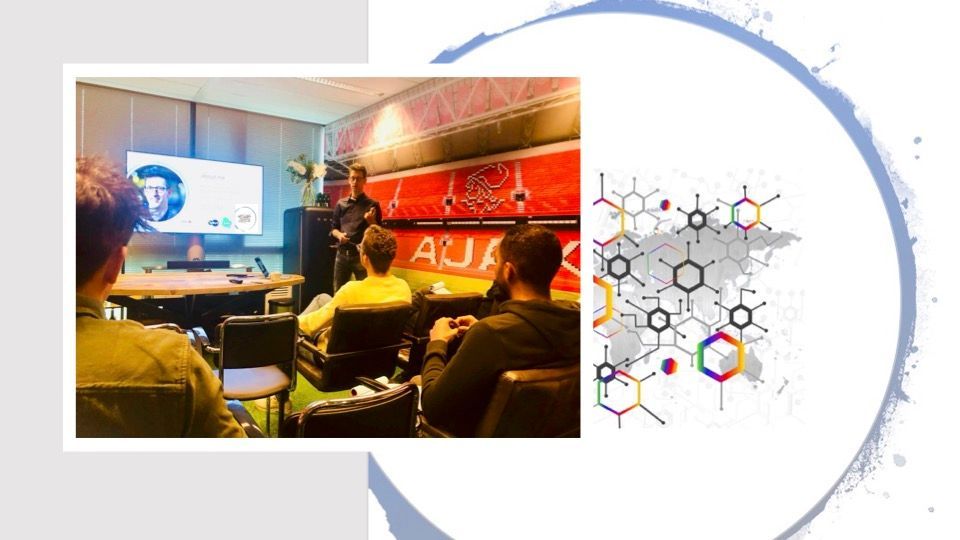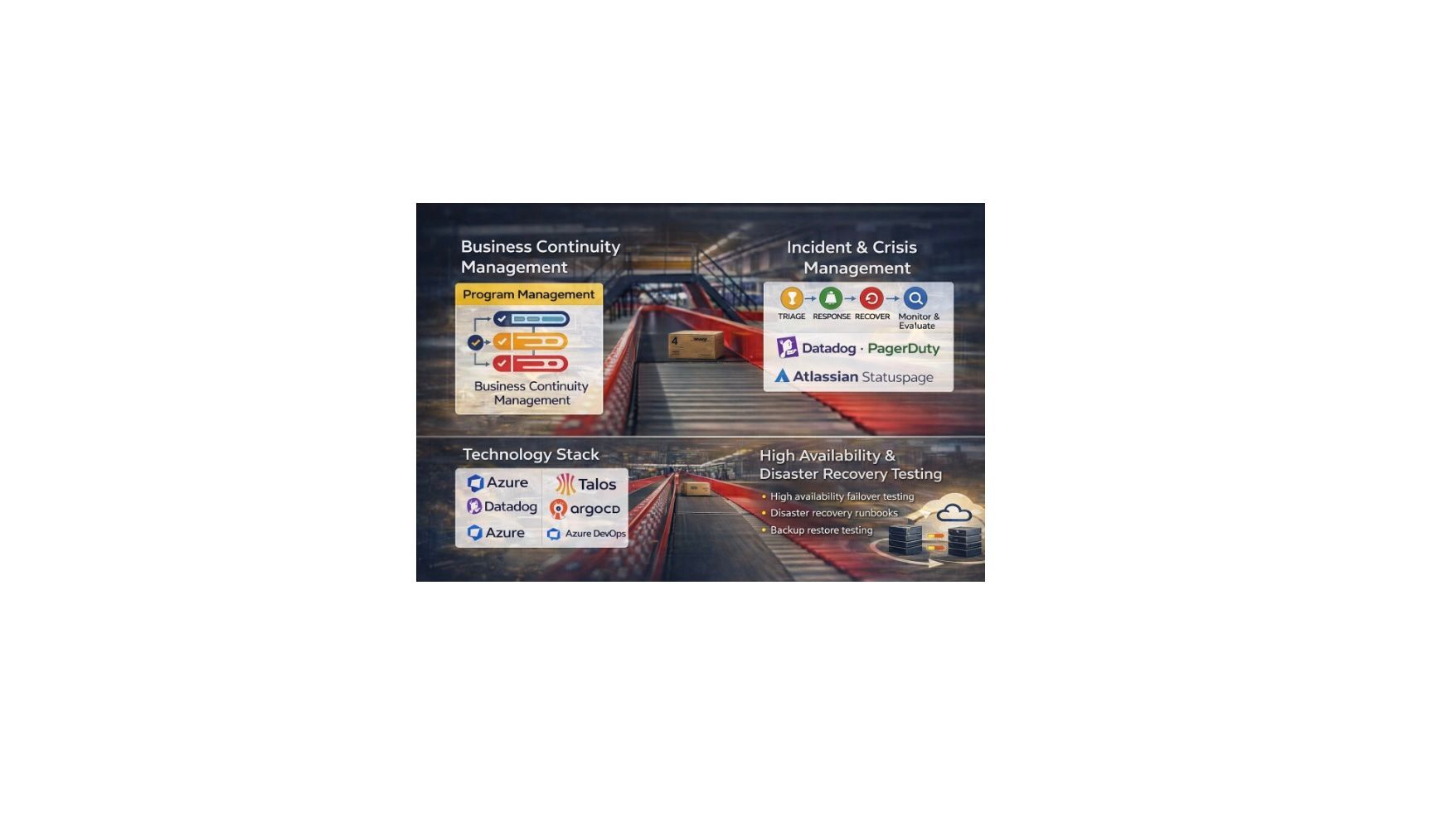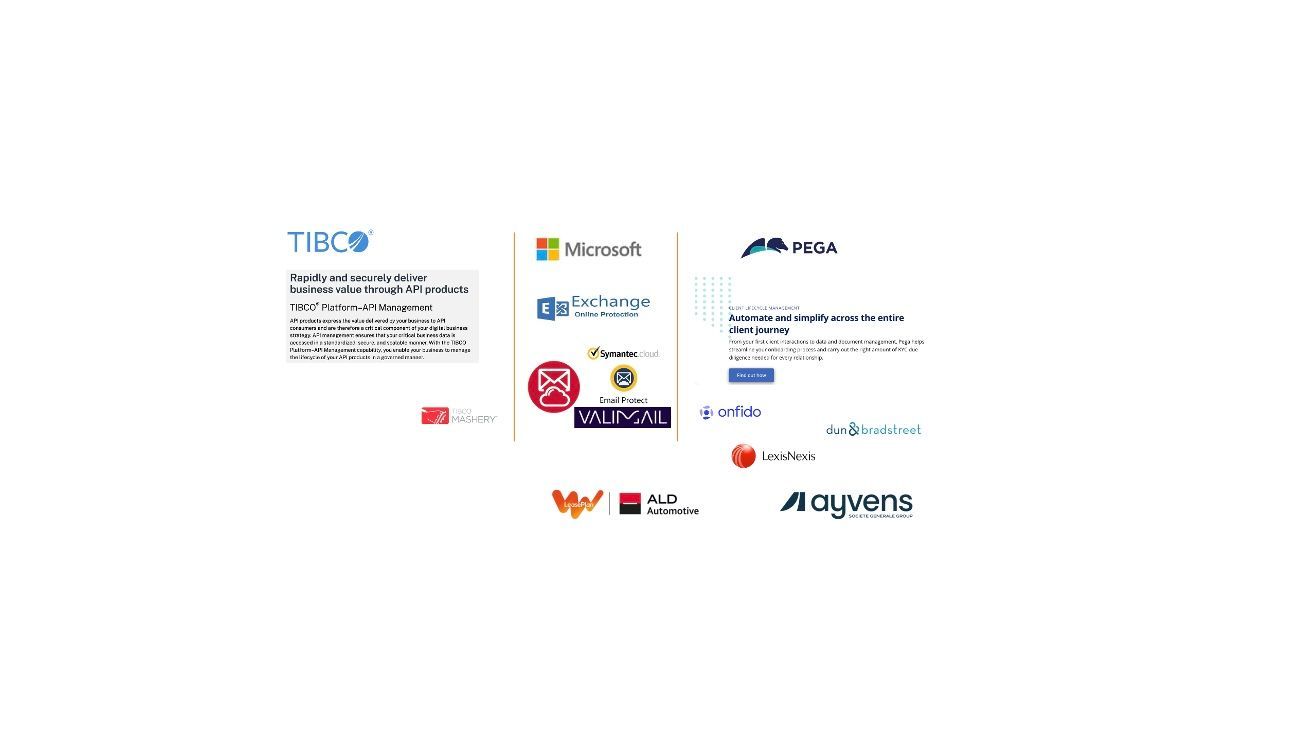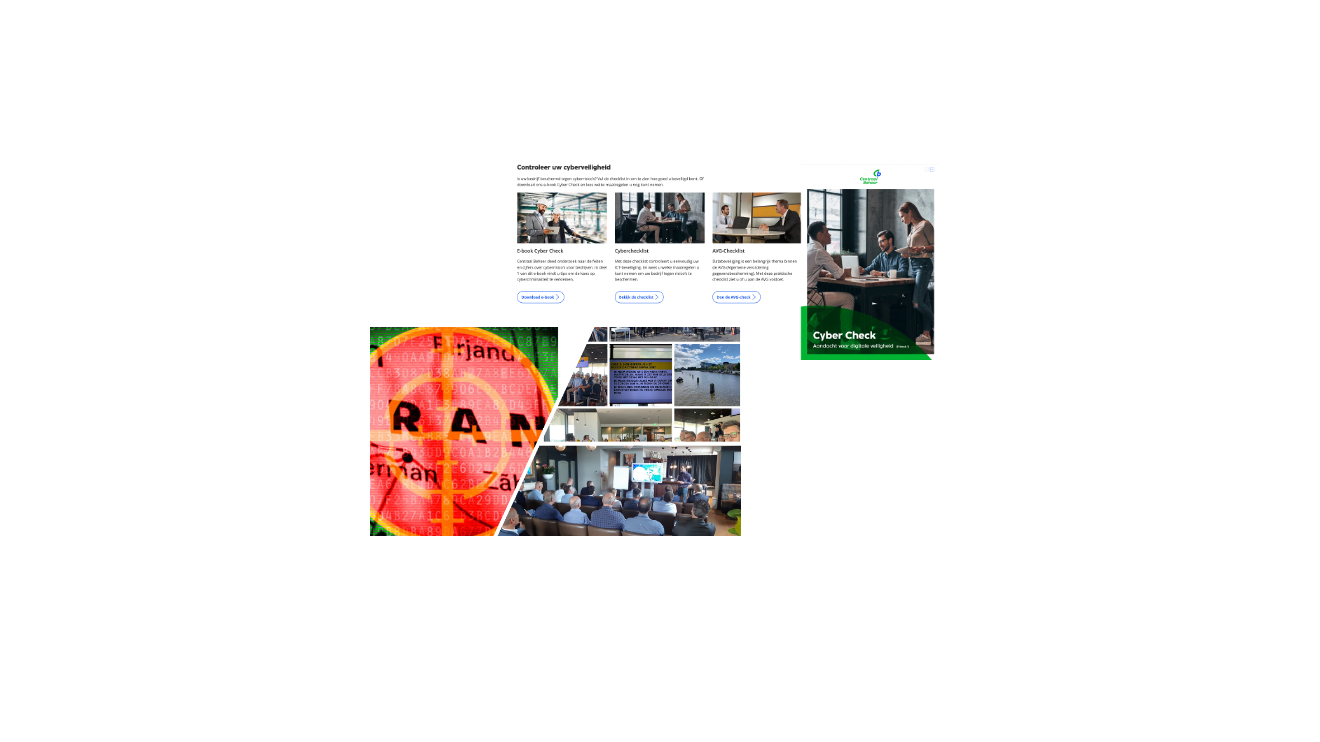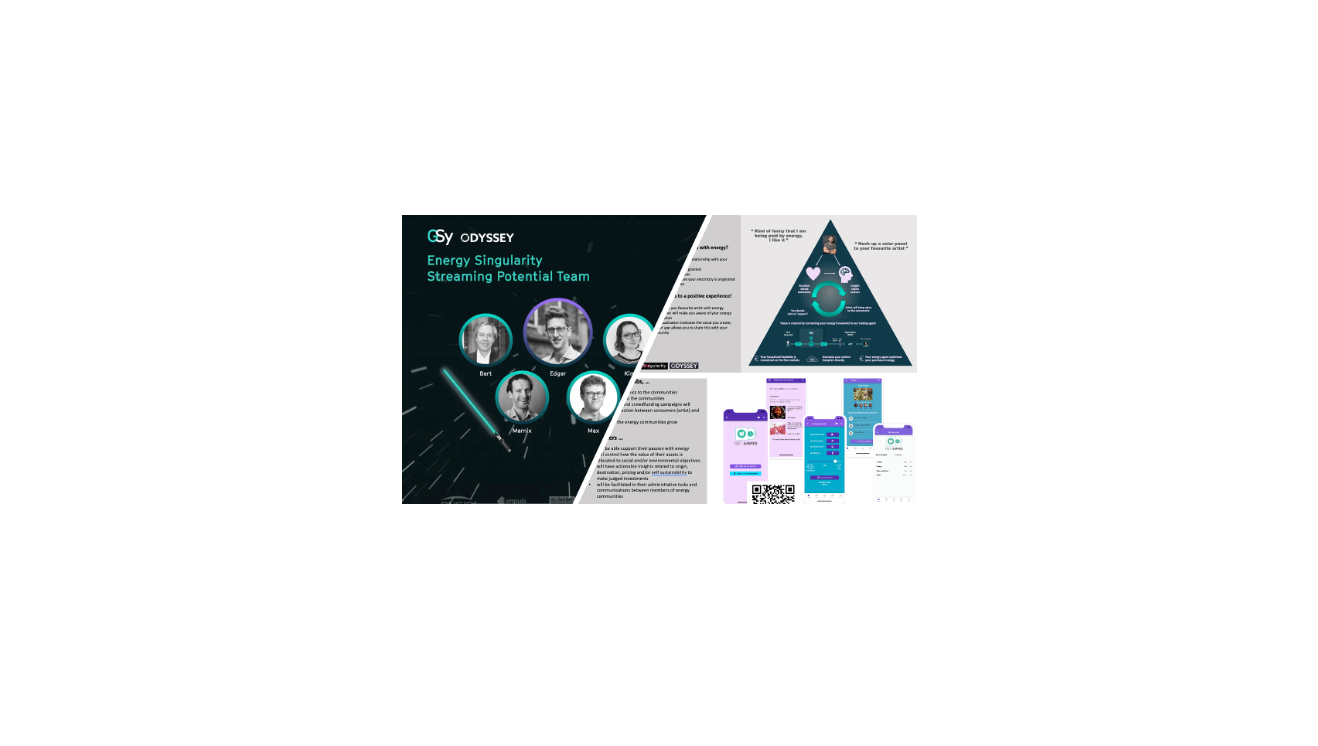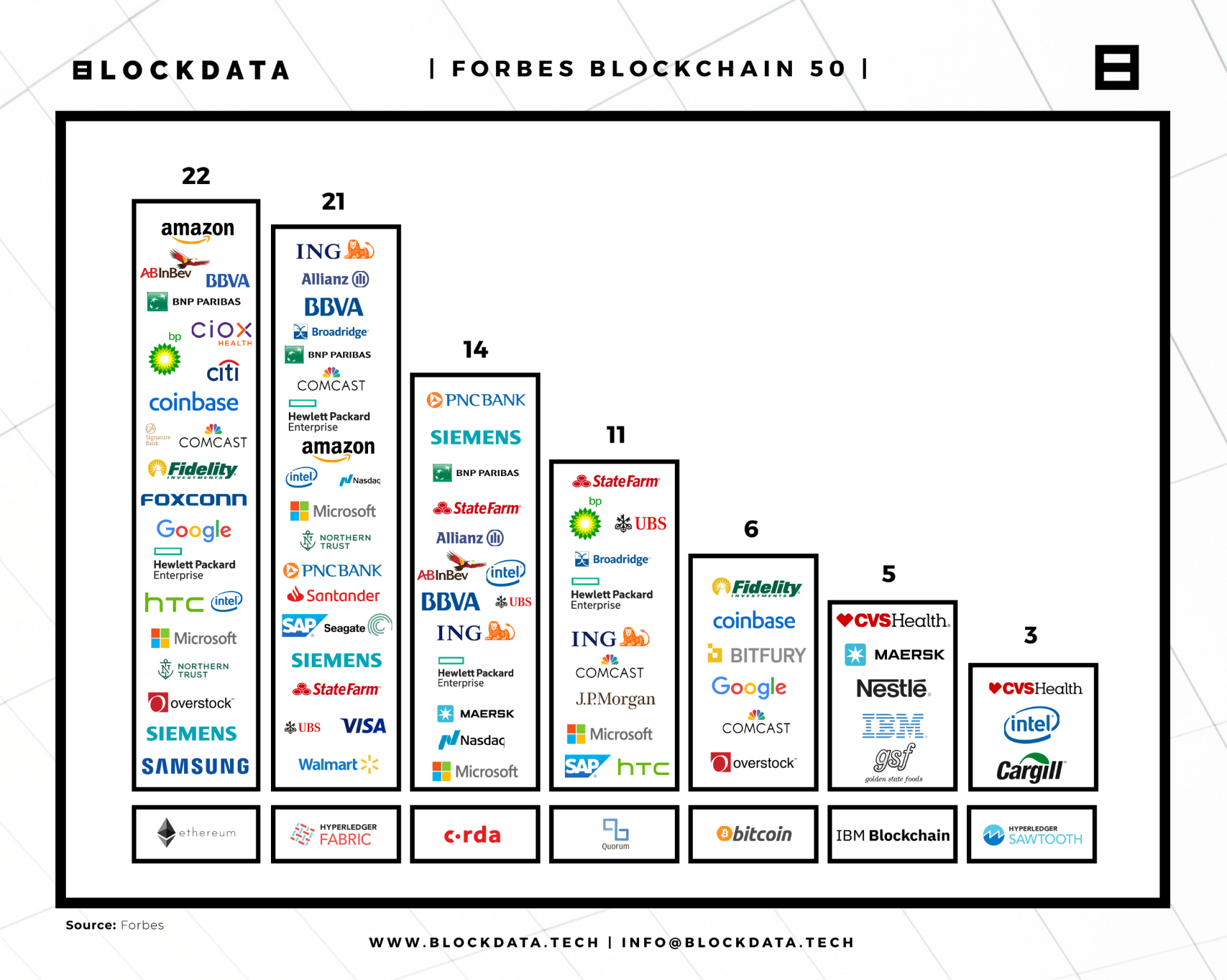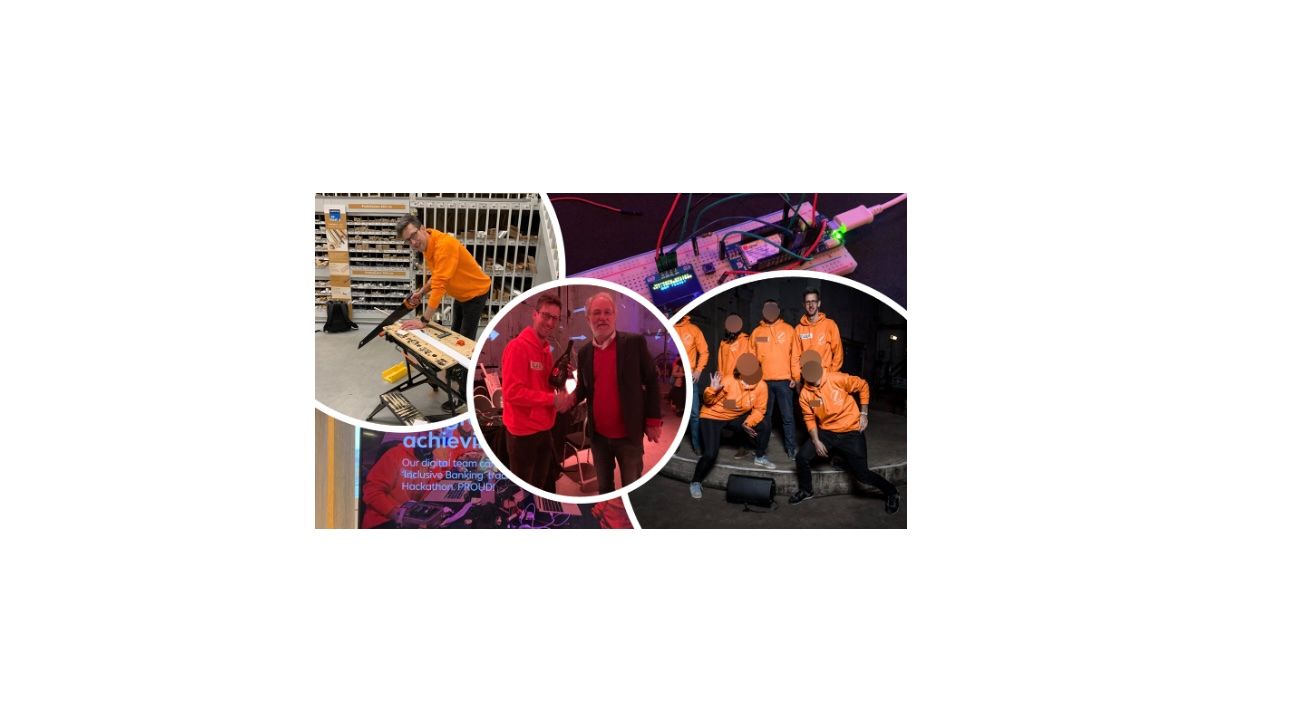Trends around blockchain that steer the automotive industry
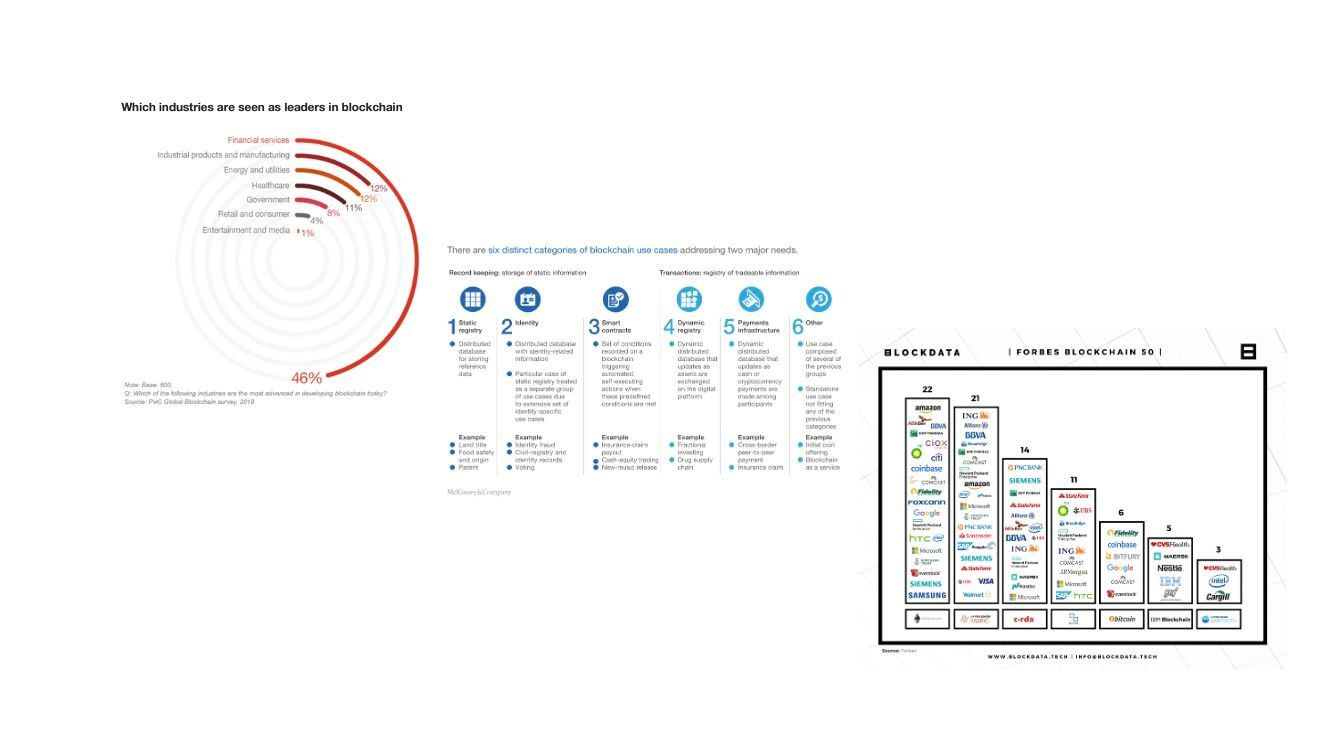
In 2019 I contributed to an article published on Medium about the trends that steer the automotive industry.
Blockchain technology
When you think about Blockchain, Bitcoin is probably the first thing that comes up. At LeasePlan, Blockchain means a whole lot more than cryptocurrencies. We have put together a dedicated team to explore the potential of Blockchain to unlock What’s next in mobility. Imagine putting in a request for transport on an open-source platform and being served by a drone, a car or a train, with Blockchain as the enabler.
Blockchain technology rose to prominence after the financial crisis of 2008. It offered users a secure and transparent system for registering transactions, doing away with intermediates like banks. Its most known application is the flagship cryptocurrency Bitcoin. After its inception into the market, there were a number of scams and hypes, leading to a few rocky years. Now, though, the Blockchain ecosystem is being reset by people who are passionate about this technology.
One of these people is Edgar Versteeg, who is heading up the LeasePlan Digital Blockchain team to explore what this technology can do for our customers. “Blockchain can be used to underpin a digital platform, a marketplace, that uses tokens that participants can trade for currency, commodities or services,” explains Edgar. “It makes the steps taken by both parties during the trading process direct, simple and transparent.”
New business models linked to the shift from ownership to usership of vehicles, and to connected, self-driving cars, may radically improve with Blockchain technology.
Learn, learn, learn
In the mobility sector, LeasePlan acts as an intermediate, providing customers with cars, taking care of all the operational hassles and bearing the financial risks. Blockchain enables new business models which no longer depend on intermediates.
This being the case, Edgar stresses we need to “learn, learn, learn.” “It’s up to us to make sure we are at the forefront of developments and approach blockchain as a major business opportunity.”
“What will the community look like?” asks Edgar. “Which (Blockchain) use cases are interesting for LeasePlan? How can we make sure we know the future shape of Mobility as a Service? How can we adapt to new services that customers are willing to pay for and still operate as a profitable company?”
Edgar and his team, along with LeasePlan’s Digital Director Niall McLoughlin, are dedicated to answering these questions. To do so, they are engaging with the wider Blockchain community of startups, corporates, and consortiums.
“People will only believe the full potential of new disruptive concepts and technology when they understand it, so we also spend a lot of time on education,” says Edgar. To get people into what can be seen as an abstract topic, Edgar has taken the research and given presentations to different departments at LeasePlan.
New platforms
Blockchain technology unlocks a lot of new scenarios for LeasePlan. The energy from a recharged battery in an idling EV, for instance, could be traded with energy that is needed by another driver.
As well, an internet-connected car could contact nearby suppliers for replacement parts, negotiate pricing, authenticating the technician, and processing the payments.
While Blockchain enables the rise of new digital marketplaces, and adds efficiency to financial transactions, the perfect use case for mobility has not yet been discovered. In fact, no one in the sector really knows what the true impact will be.
“Before Blockchain can really add value, we need to find the right fit with the use case that really adds value for the customer,” says Edgar. “The marketplace needs to be in place as a ‘minimum viable ecosystem.’”
However, Blockchain-enabled platforms are already popping up, and successfully at that. Arcade City is a community-driven and open source platform that operates at 100% transparency. Think Uber, but without the CEO. There’s also Steemit, a Facebook alternative where contributors are paid for good content. This platform balances privacy, compliance, and content value arguably better than Facebook.
“If we were to apply the Arcade City model to LeasePlan’s current network of independent service providers, which is a closed system, only available for LeasePlan customers, we could potentially open up that ecosystem for others,” says Edgar. “You can imagine that for certain use cases the ecosystem would be much bigger than the ecosystem we operate in today.”
Changing the mindset
One big challenge facing the adoption of Blockchain is that many companies are still holding on to their current business models and data. “A Blockchain-based business model demands a huge change in mindset because in an open source environment no one owns the code,” says Edgar. “It’s all about the community and the incentives you want in place.”
Taking all this into account, Edgar and the team are exploring what the mobility customer journey of the future will look like.
“It will probably take years before the first Blockchain use cases are adopted by the mainstream,” muses Edgar. “It’s not too far off the radar to imagine that in ten years time you could put in a request for transport on an open-source platform and be served by a drone, a car or a train. And the enabler will be Blockchain.”
References:
Publications by PWC:
https://www.pwc.com/gx/en/issues/blockchain/blockchain-in-business/make-the-business-case.html
and pwc-five-trends-transforming-the-automotive-industry
https://www.pwc.com/gx/en/industries/automotive/publications/eascy.html
- McKinsey article:
- Picture taken from blogpost by Blockdata; https://medium.com/blockdata/breaking-down-the-forbes-blockchain-50-2f44e9902537
